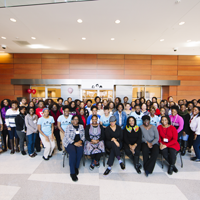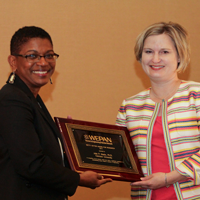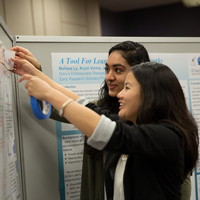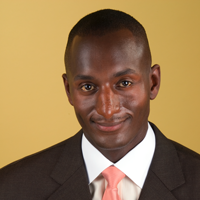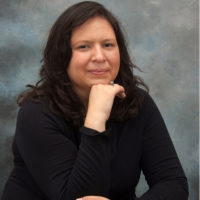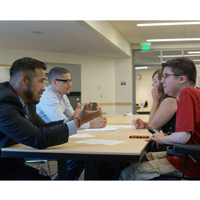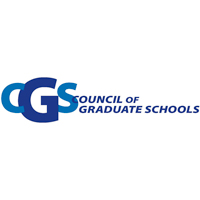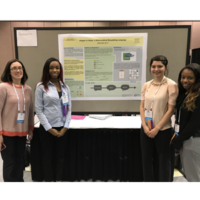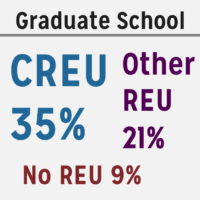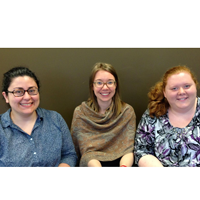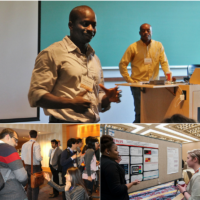
Apply Now for CRA’s New URM Grad Cohort Workshop
The Computing Research Association is pleased to announce a new iteration of the Graduate Cohort Workshop designed specifically for underrepresented minorities (URMs) in computing and persons with disabilities. Applications are now open for the inaugural CRA URM Graduate Cohort Workshop, which will be held March 16-17, 2018 in San Diego, Calif.


